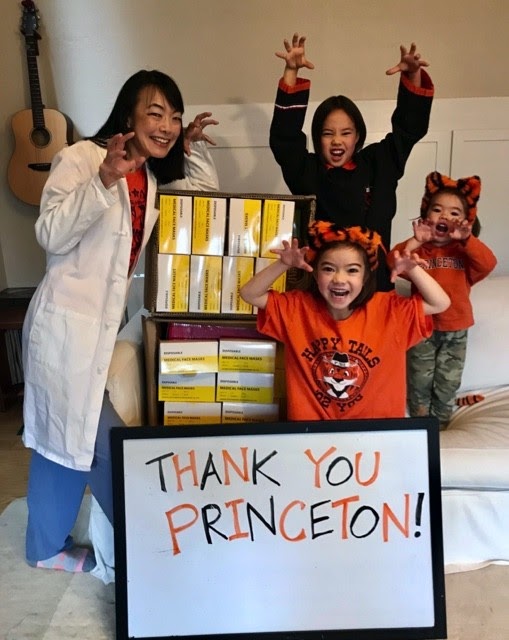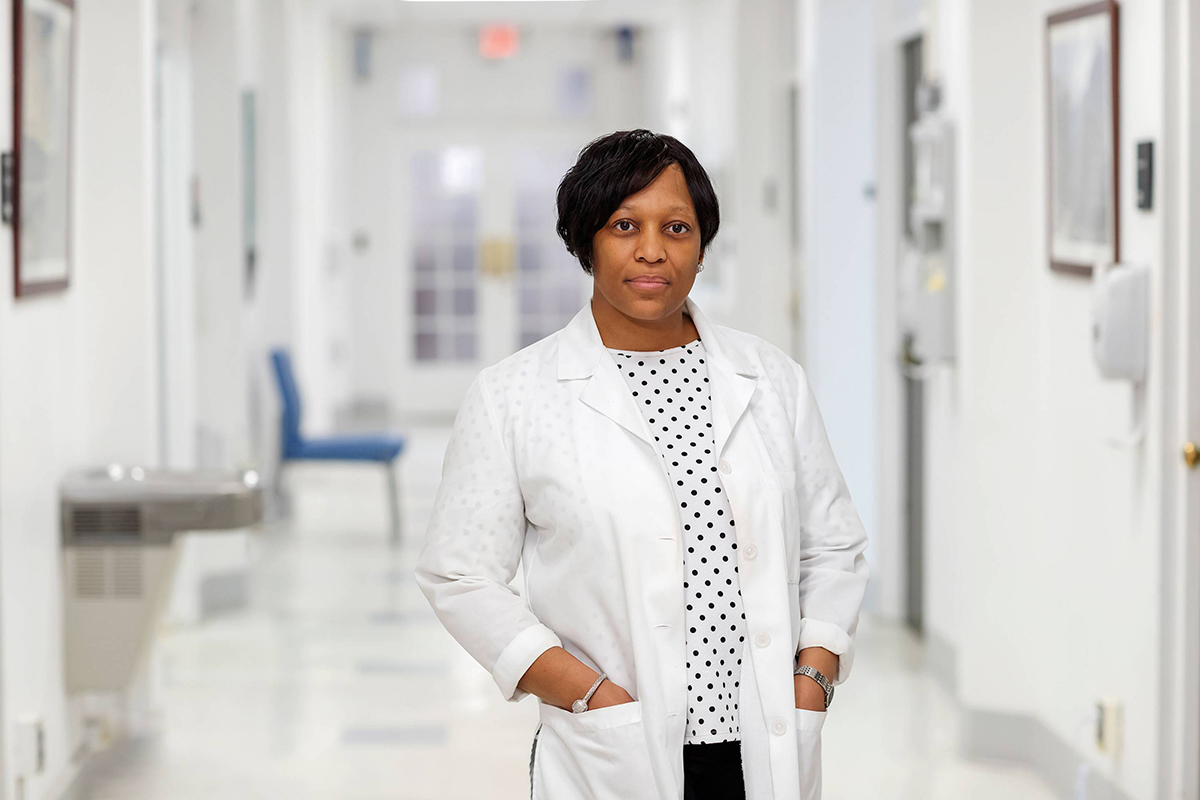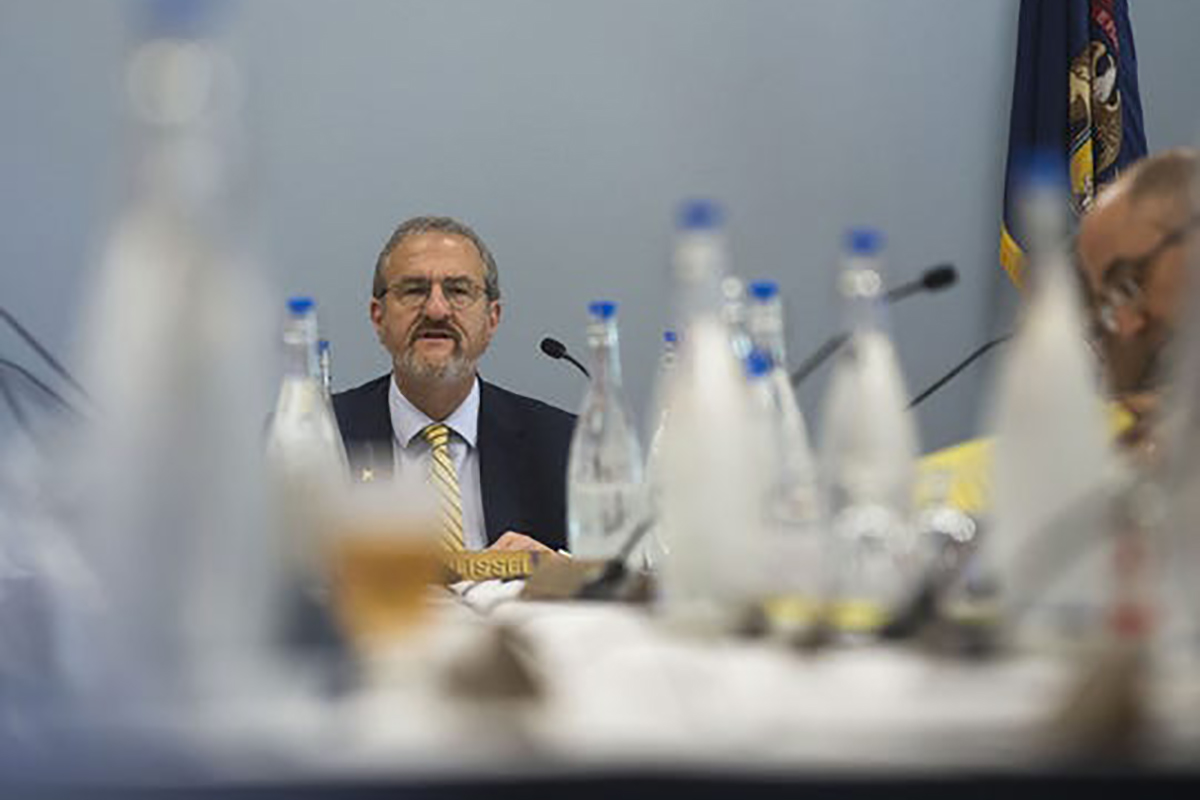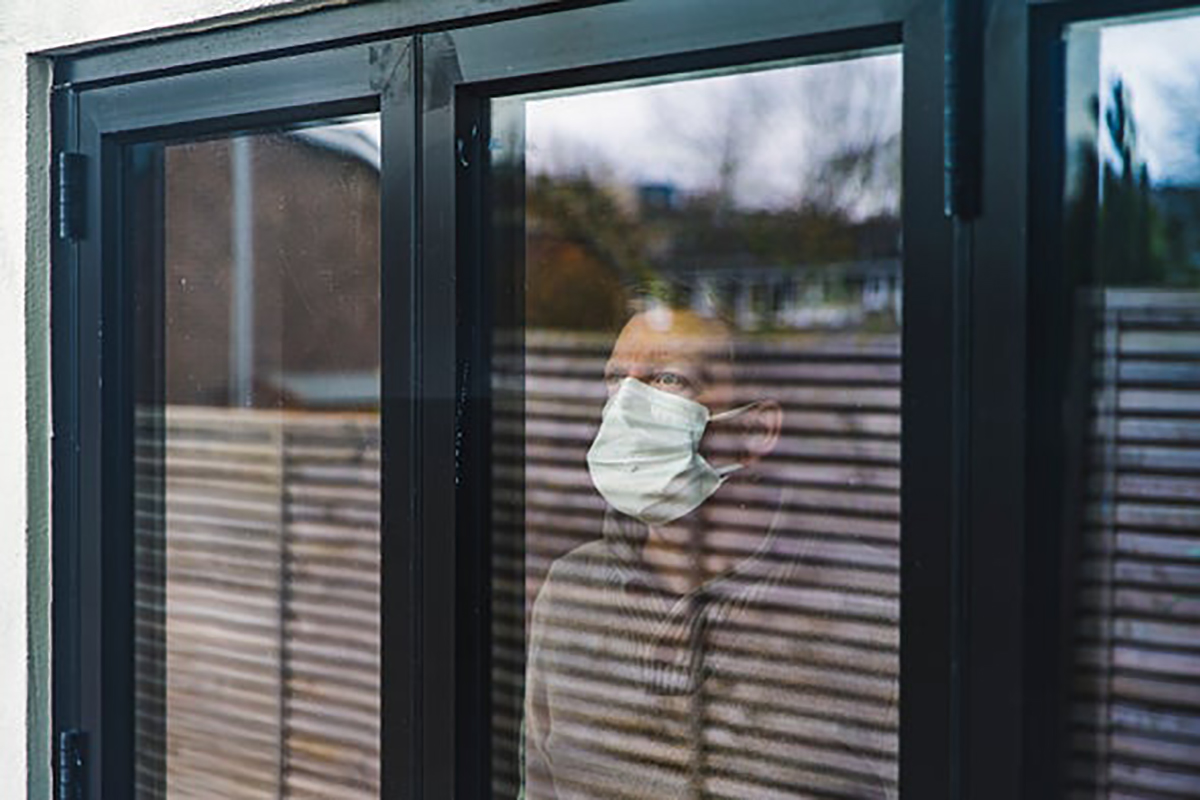
From the start of the COVID-19 outbreak, daily headlines repeated the news that frontline health care workers and medical facilities were in dire need of personal protection equipment (PPE) supplies. As the situation began to escalate in the United States, Brian Sheng ’18 was traveling from the United States to Hong Kong, where he was mandated to quarantine for two weeks. With free time on his hands, Brian leveraged his experience with China-U.S. relations and devised a plan to help bring PPE from China to American health care facilities, partnering with Rel Lavizzo Mourey ’02, and Eric Sheng, Brian’s brother and a Penn alumnus.
“We thought that the procurement process in the U.S. through hospital systems and the government had a lot of gaps we can help address,” said Brian Sheng, who is the founder and CEO of Asia Horizon, a private equity investment and operating company between the United States and China. “Teams in the U.S. have trouble understanding how to procure supplies in China, especially given the hectic environment. A lot of due diligence and procedural matters also need to be taken care of for a Chinese supplier to meet the standards of a U.S. hospital or government. That’s where I saw an opportunity to help.”
To ensure that supplies got in the right hands, Sheng and his partner reached out to their alumni networks in the United States.
“We’re working with alums who are frontline doctors as a trusted point of donation,” Sheng said. “That way we know our supplies are going to places that are needed, and we trust that our alums will be distributing the supplies to their respective hospitals. So far, we are distributing to doctors in 10 different hospitals.”
To better understand PPE needs, Sheng has set up a website for health care workers to make donation requests where they are ranked in terms of emergency levels, as well as a gofundme campaign to raise funds. To date, they have procured more than 30,000 facemasks and raised over $15,000 for the campaign.
“The most gratifying part of the project for me is very straightforward — simply hearing the replies and sighs of relief when doctors receive the donated supplies,” Sheng said. “We obviously always feel the sense of Princeton community during times like Reunions and bonding with other alums during normal times. But I think it is times like these, in times of crisis, that the strength of the Princeton network really shows. The experience of organizing something leveraging our alumni community and having it all come together so quickly and enthusiastically has been a great experience.”




